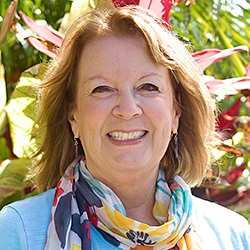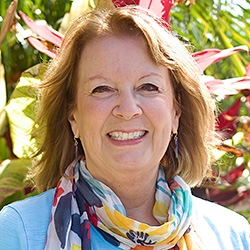

NVC Resources on Conflict
-
Distinguishing between needs and strategies to meet needs is crucial for solving conflict. For example, the need for peace can be met through various strategies beyond solitude or gratitude. Similarly, sex is a strategy. Sexual expression is the need behind it, and can be met in various ways to meet that need without having sex itself. Such flexibility can foster creativity and deeper connection, enhancing relationships.
-
Our brains often quickly categorizes things as good, bad, right, or wrong and then determines who’s to blame or praise. Maybe this supports the illusion of order and predictability, thus provides a false sense of safety and reassurance. But its less effective in truly meeting our needs. By practicing "Living in the Observation," we can focus on reality, avoid unhelpful rumination, and find peace and empowerment in everyday life.
-
These mindful inquiry exercises and tips are for enhancing self-empathy, and empathy for others. Using emotions and needs card decks provided, learn to reflect and enhance trust and connection through intentional practice.
-
Oren J. Sofer offers an NVC approach to navigating tough moments—balancing honest self-expression with deep listening. Discover how centering yourself, naming your intentions, and hearing the other person first can create the understanding needed for true connection.
-
When you or anyone is upset, what could underneath the trigger? There may be more than is immediately visible. This article invites us to explore what it looks like to inquire deeper, take self-responsibility, examine our assumptions, attachments, interpretations, and "certainties" that could be hidden behind the needs that are aching to be attended to...
-
Join CNVC Certified Trainer Mary Mackenzie to learn a few of her tried-and-true simple Self-Empathy techniques, especially focused on the challenges of the holiday season.
-
Learn how unacknowledged fear can seem like aggression and a way to shift it.
-
To help you stay connected to yourself and the other person when in challenging discussions about COVID-19 vaccines or other hot issues, without labeling others as reactive or otherwise, you can begin by tracking signs of your own reactivity to bring mindfulness onboard, then shifting your attention to universal needs; and asking to connect about it later. Read on for more.
-
When someone expresses upset about our actions, and we focus on our intention being seen and understood (e.g. "I didn’t mean to hurt you”) it doesn't support the speaker in being heard more deeply with care. Here we'll explore this dynamic in a way that supports more clarity and the possibility of greater personal liberation. Read on for more.
-
When we're judging we're less able to access both what we care about and constructive next actions. Instead, create more internal space and agency starting with connecting to your feelings and needs; then feel your grief or disappointment; followed by getting curious about the other party's needs and context -- and then based on collective needs and the long term effects make requests or take aligned action that works for all.

Quick Links
Subscription Preferences
Stay In Touch!
Looking for ways to keep up with NVC Academy news, get special offers, free resources, or words of inspiration? Here are five ways to stay engaged:










